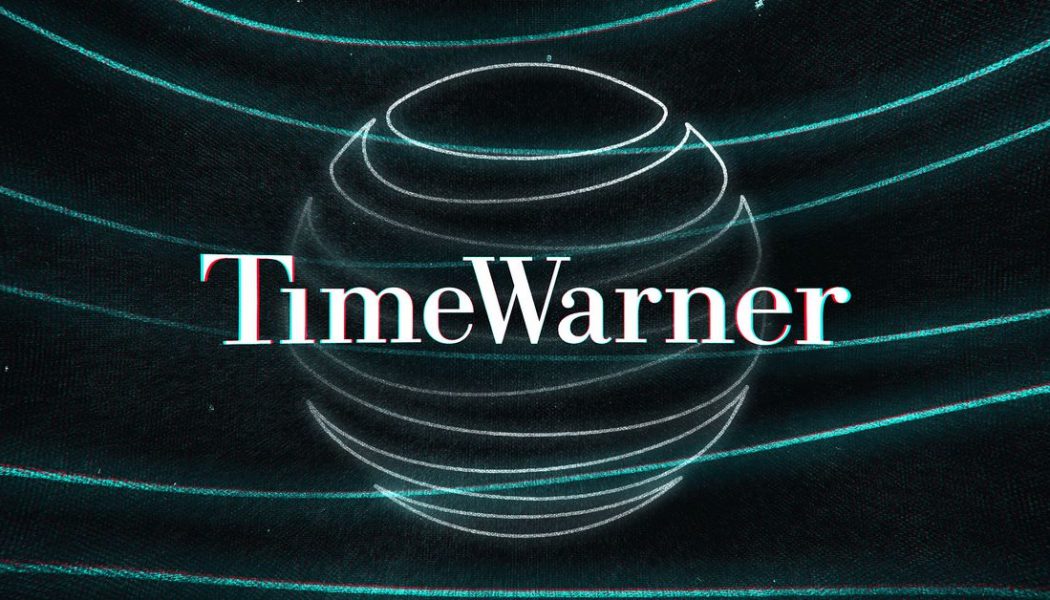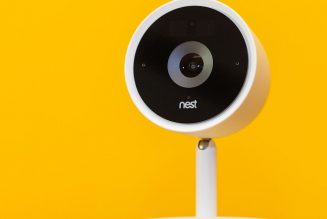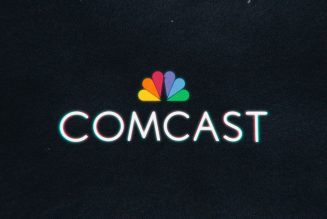
Last week, AT&T announced it would be spinning off its TV business — including DirecTV, AT&T TV, and U-verse — in a deal it claimed would greatly benefit the company’s customers, employees, and shareholders. The deal provides AT&T with a $7.8 billion cash infusion to pay down debt and recent wireless spectrum purchases, and a 70 percent stake in the “new” DirecTV. But it also values the entire operation at around $16.25 billion, a massive loss from the $67 billion AT&T paid just a few years earlier for just DirecTV alone.
“It’s fair to say that some aspects of the transaction have not played out as we had planned,” AT&T said of the deal, trying to put a good face on a more than $50 billion loss, “such as pay TV households in the US declining at a faster pace across the industry than anticipated when we announced the deal back in 2014.”
It’s the latest chapter in AT&T’s long journey to transform from a boring old telecom into a dominant player in new media. Six years, 54,858 layoffs, two mergers, and nearly $175 billion later, AT&T is only marginally closer to streaming TV dominance. Instead, customers and employees are footing the bill for their bad decisions in the form of TV rate hikes and layoffs that show no sign of slowing down.
Wall Street telecom analyst Craig Moffett surveyed the wreckage in a research note to investors, in which he noted the deal does little to tackle $157 billion in remaining AT&T debt.
“AT&T’s DirecTV is inarguably one of the worst acquisitions of all time,” Moffett said. “They bought it for $67 billion in 2013. Even at the overly-generous valuation reported last night, they are exiting at a price 76% below what they paid for it just seven years ago.”
It wasn’t supposed to be this way. AT&T executives once dreamed of creating an online video juggernaut that could rival the power of Google and Facebook in the online advertising space, using must-watch HBO content — and AT&T’s wireless network — as the glue holding the effort together. That dream fueled the DirecTV acquisition in 2014 (which executives promised would deliver “enhanced innovation” and “significant benefits for consumers”) as well as the Time Warner acquisition in 2018 (which we were told would usher forth the “next wave of innovation in converging media and communications”).
But for AT&T, a company built on the back of the far less competitive and innovative US broadband sector, that dream proved hard to realize. First, AT&T unveiled so many discordant TV brands across both its traditional cable and streaming platforms, even the company’s own employees got confused. The company then attempted to dig out from under its massive merger debt load by imposing repeated price increases on subscribers already tired from years of relentless rate hikes. A discounted $15-per-month streaming TV offering, used to lure regulators into approving the Time Warner merger, quickly disappeared as soon as the merger ink had dried. AT&T’s customers, paying an average of $130.55 per month for television, quickly revolted. As a result, AT&T has lost 8 million pay TV subscribers in just the last four years.
But the casualties from AT&T’s merger go well beyond the financial.
As streaming shifted from pesky upstart to the mainstream, younger consumers began viewing traditional satellite television as an antiquated relic of a bygone era. As a result, companies like Dish Network and DirecTV were particularly hard hit by the cord-cutting revolution.
Yet, in 2017, company executives made repeated television appearances promising that if the Trump administration passed its tax relief plan, the company would respond with billions in investment and thousands of “high-paying, really good jobs with great benefits.” Similar promises were made by both AT&T and unions ahead of each merger.
After receiving an estimated $42 billion in tax cuts from the Trump administration, the company has instead laid off an estimated 54,858 employees since 2017. AT&T imposed additional layoffs at Time Warner properties, including HBO and DC, and shuttered businesses like DC’s popular Vertigo label in a desperate bid to cut costs.
Elsewhere, AT&T remained under steady fire for failing to upgrade its aging DSL lines to fiber, a problem particularly pronounced in marginalized neighborhoods. Attention and resources that may have helped address the country’s stubborn digital divide were instead funneled into an aggressive proposal designed largely to appease shareholders, consumer groups say.
“[Former AT&T CEO Randall Stephenson] was getting a ton of pressure to generate cash flow to support the dividend, but also pressure to increase the stock price,” S. Derek Turner, Research Director at consumer group Free Press, told The Verge. “Buying DirecTV on credit did that. The deal benefited whomever held AT&T’s stock as a dividend source. The customers and potential customers in AT&T service areas didn’t benefit.”
But even some investors grew angry with AT&T’s “growth for growth’s sake” strategy. Activist investors at Elliott Management penned a letter to AT&T in late 2019 complaining the company had spent nearly $200 billion to become “a sprawling collection of businesses battling well-funded competitors,” instead of focusing on core competencies like wireless.
The end result of AT&T’s ambition wasn’t entirely fruitless: HBO Max, the latest in a long line of attempted streaming TV brand refreshes, could still challenge other rising streaming services like Disney Plus or Comcast’s Peacock. But however successful HBO Max winds up being, it’s a product that shouldn’t have cost $200 billion and 55,000 jobs to create.
Ironically, AT&T’s failure comes despite the fact that it spent the better part of a decade lobbying to tilt the regulatory playing field in its favor, culminating in the company’s successful 2017 assault on net neutrality and the Federal Communications Commission’s consumer protection authority. But even abusing broadband usage caps to give itself a tactical advantage over streaming competitors didn’t help.
Ultimately, no amount of money or political power could buy the TV dominance the company’s executives envisioned. And as AT&T struggles to offload the mammoth debt load created by its ambition, employees and customers continue to foot the bill.










